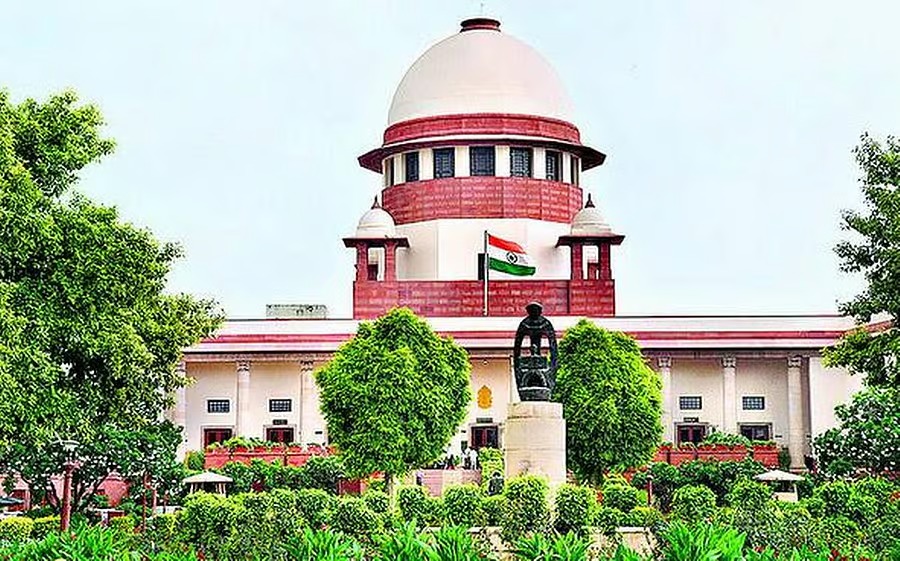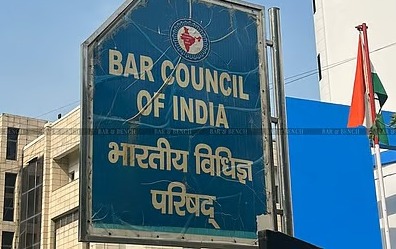@JUDGMENTTAG-ORDER
B. Sudershan Reddy, J.@mdashThe petitioners invoke the extraordinary jurisdiction of this court under Article 226 of the Constitution of India with a prayer to issue a writ of mandamus declaring the second proviso to Section 19(1) of the A.P. General Sales Tax Act, 1957 as arbitrary, unfair and violative of Articles 19(1)(g) and 21 of the Constitution of India and accordingly to struck down the same. The petitioners also pray for issuance of a consequential direction directing the 3rd respondent to entertain the appeals preferred against the assessment orders in proceedings RC No. 2910/2002-03/APGST/Int., and 1911/2002-03/APGST/Int dated August 6, 2003 respectively for the assessment year 2002-03 without insisting on payment of 121/2 per cent of the tax imposed by the Assistant Commissioner (Intelligence), the second respondent herein in terms of the said proviso. The petitioners also question the validity of the distraint order dated December 2, 2003.
2. Shorn of all the details, the petitioners challenge the constitutional validity of the second proviso to Section 19 of the Andhra Pradesh General Sales Tax Act, 1957 (for short "the Act"). Section 19 of the Act provides for an appeal to the prescribed authority against any order passed or proceeding recorded by any authority under the provisions of the Act other than an order passed or proceeding recorded by an Additional Commissioner or Joint Commissioner or Deputy Commissioner under Sub-section (4C) of Section 14 of the Act. The second proviso further provides that an appeal so preferred shall not be admitted by the appellate authority concerned unless the dealer produces proof of payment of tax admitted to be due, or of such instalments as have been granted, and the proof of payment of 121/2 per cent of the difference of tax assessed by the assessing authority and the tax admitted by the appellant, for the relevant assessment year, in respect of which the appeal is preferred.
3. That a fair reading of the proviso makes it clear that deposit of 121/2 per cent of the difference of the tax assessed by the assessing authority and the tax admitted by the appellant is the pre-condition for the admission of the appeal. The proviso mandates that the appellate authority shall not admit the appeal preferred by the appellant in the absence of proof of payment of 12% per cent of the difference of the tax assessed by the assessing authority and the tax admitted by the appellant. The pre-condition of deposit as provided for under the proviso is an integral part of Section 19, which provides for an appeal against any order or proceeding recorded by the authority under the provisions of the Act other than the one excluded u/s 19 of the Act itself.
4. It is fairly well-settled and needs no restatement at our hands that right of appeal is creature of statute and such right can be conditioned in any manner as the Legislature may consider in its wisdom to be appropriate. Right of appeal is not a fundamental right guaranteed as such either by Article 14 or by Article 19 as is sought to be contended by the petitioners in the instant case. That being the legal position, an appeal provided subject to complying with certain conditions cannot be characterised or held to be unconstitutional. It is unnecessary to burden this order with various pronouncements of the apex court whereunder the similar provisions under various enactments such as the Workmen''s Compensation Act, 1923 and the Payment of Wages Act, 1936 requiring the pre-deposit as a condition precedent for entertaining the appeal have been upheld.
5. In
6. In Penguin Textiles Ltd. v. State of A.P. [2000] 117 STC 378 : [1999] 29 6 APSTJ 244 a Full Bench of this court having exhaustively referred to the scheme of the Act relating to appeals, revisions and stay applications in relation thereto and certain well-settled principles relevant to the passing of interim order emerging from various pronouncements of the Supreme Court held that pending a revision u/s 22(1) of the Act, the High Court has no power to grant stay of recovery of tax and penalty "but the High Court may in its discretion permit the petitioner to pay the tax in specified instalments or give such other directions of limited nature, as explained above, so long as such directions do not tantamount to granting stay".
7. In view of the authoritative pronouncement of the Supreme Court in
8. In the result, we hold that the proviso is a valid piece of legislation, which does not suffer from any constitutional infirmity. For the aforesaid reasons, we find no merit in these writ petitions. The writ petitions fail and shall accordingly stand dismissed without any orders as to costs.

